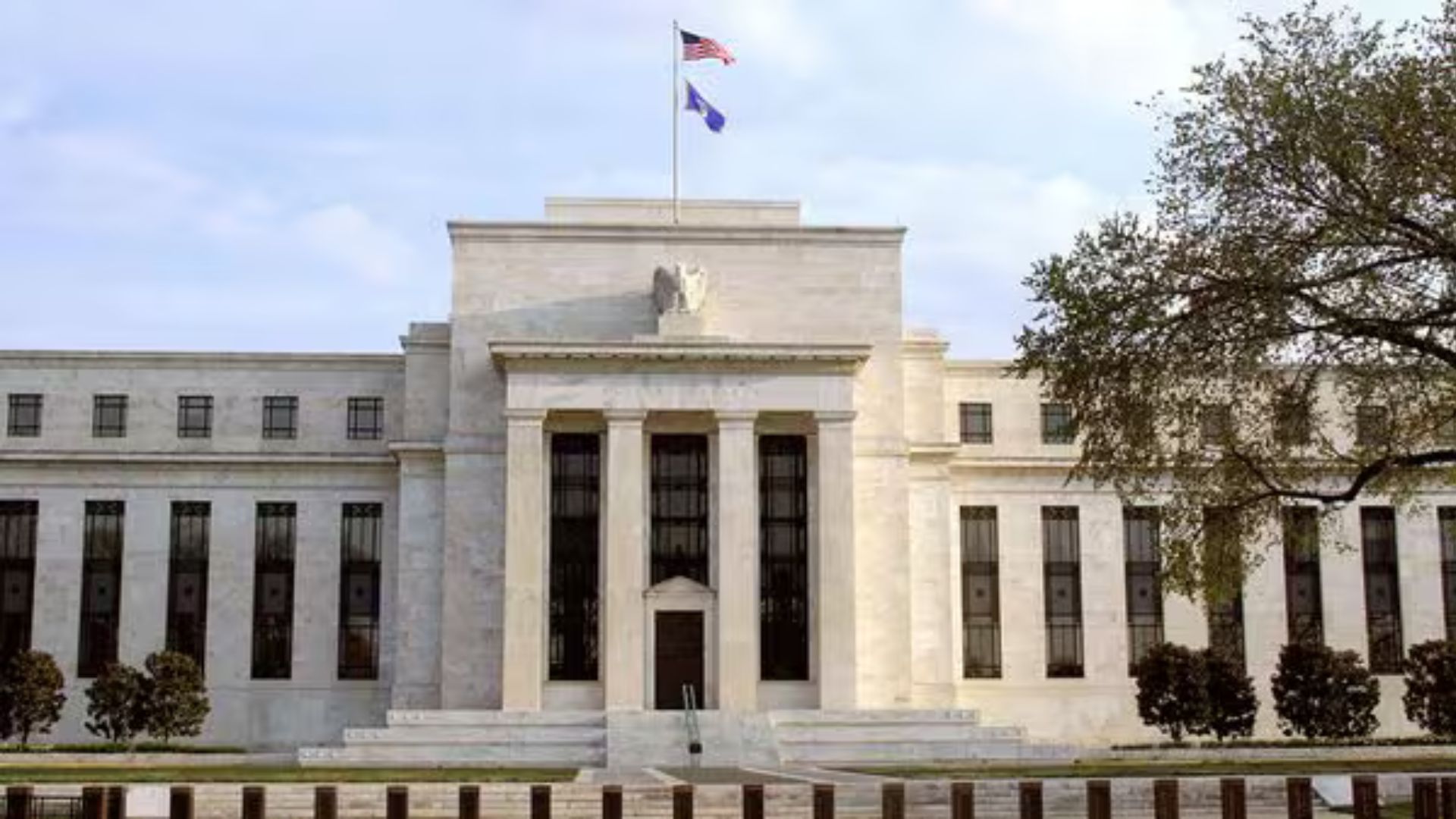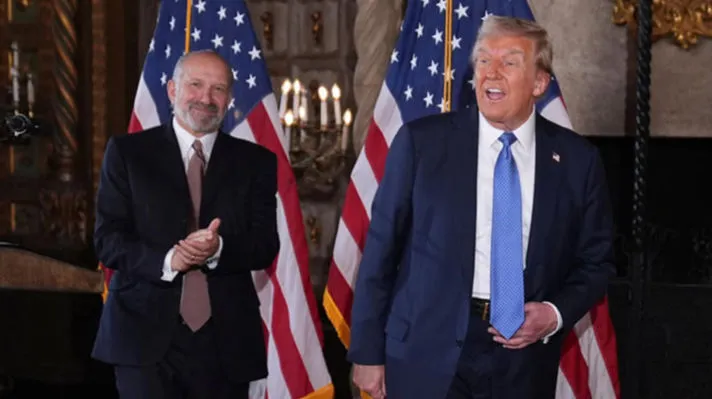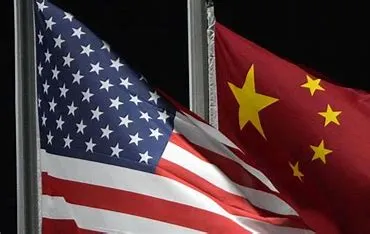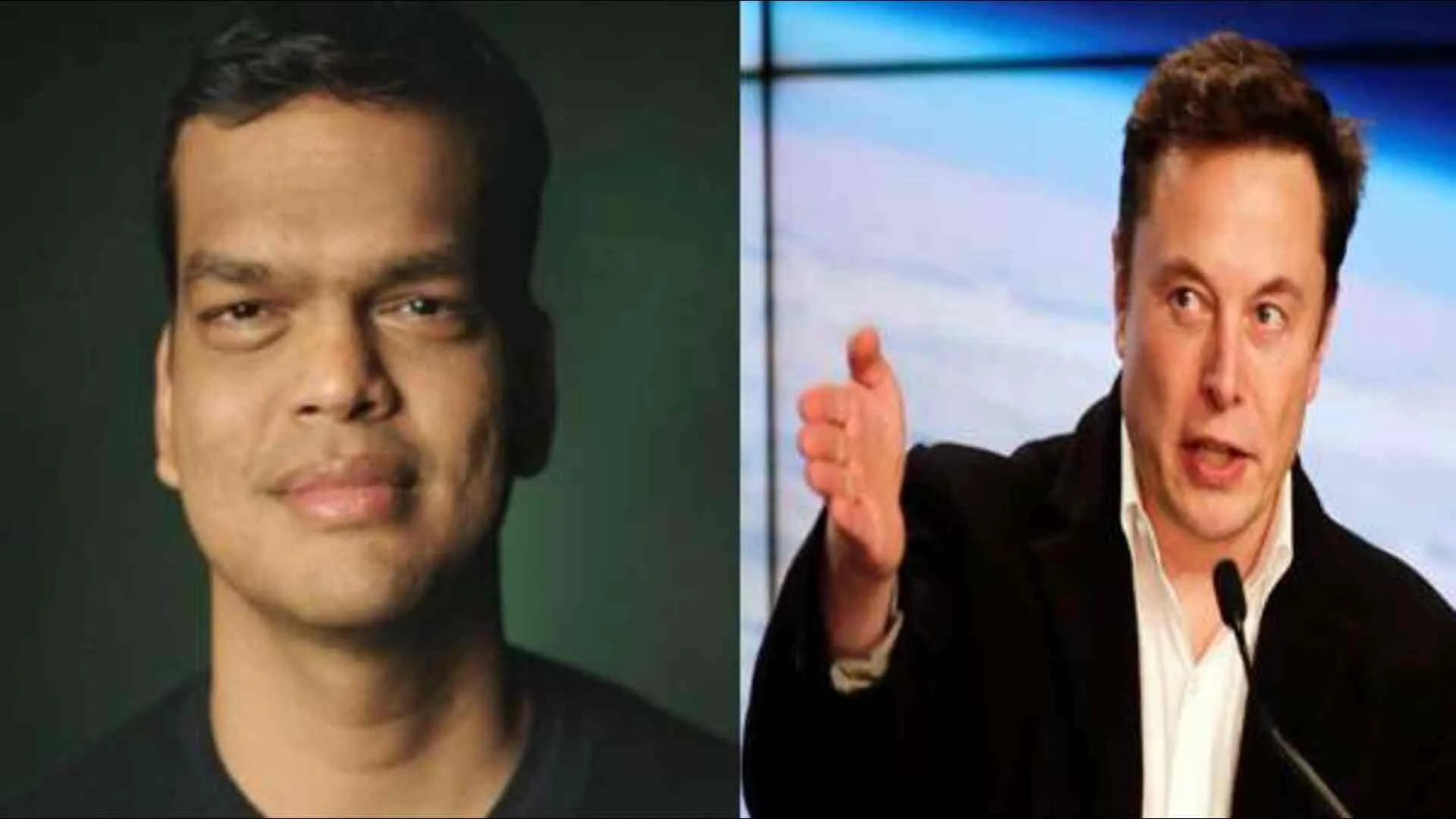Following the upcoming US presidential election, the Federal Reserve and several central banks across the globe are widely expected to implement interest rate cuts. This decision comes as policymakers grapple with the uncertainties surrounding the election results, particularly as Vice President Kamala Harris and former President Donald Trump are in a tight race leading up to Election Day on November 5.
Central banks that control over a third of the global economy are preparing to adjust borrowing costs based on the election’s outcome, focusing on the implications for US policy over the next four years. Despite the political backdrop, Fed officials are signaling a gradual approach to rate cuts, with economists predicting a quarter-point reduction this Thursday, following September’s half-point cut. This sentiment has been bolstered by recent labor data indicating the weakest hiring since 2020, prompting discussions on a potential follow-up cut in December.
Political Considerations for Monetary Policy
While the Fed aims to remain apolitical, its decision-making is inevitably intertwined with the electoral landscape, as the outcome could significantly influence economic sentiment and policy direction. Chair Jerome Powell is expected to emphasize the need for less restrictive policies in light of current economic conditions. Economists caution that the stakes are high, particularly if Trump is elected, as he is likely to reshape trade policies, potentially impacting global trade dynamics.
In addition to the Fed, central banks in the UK, Sweden, and the Czech Republic are anticipated to cut rates in the days following the election, while Brazil’s central bank may increase rates. The Reserve Bank of Australia is likely to hold steady on its rates, but upcoming decisions from various global counterparts will be closely monitored for their implications on economic growth and inflation.
North America Focus
As the US central bank deliberates its next steps, it will also be reviewing data on productivity growth and consumer sentiment, with the latter expected to reflect a cooling labor market. Meanwhile, Canada’s labor force survey is set to follow a strong September report, which may inform the Bank of Canada’s future rate decisions.
In South Asia, Pakistan’s central bank is predicted to continue its rate cuts, while Australia may maintain its cash rate amid persistent inflation concerns. South Korea’s inflation data will provide insights into potential policy pivots, as several other Asian nations report on consumer prices and GDP growth.
European Monetary Policies
The Bank of England’s decision this Thursday is particularly notable, following the UK government’s budget announcement that has already raised borrowing costs. Economists expect a quarter-point rate cut amid a backdrop of fiscal easing and concerns about future public sector pay. Similarly, Sweden’s Riksbank is anticipated to take decisive action to stimulate growth.
Latin America Developments
In Brazil, analysts foresee a half-point rate hike in response to rising inflation expectations, while Peru’s central bank may lower borrowing costs. The week will also feature consumer price reports from several Latin American countries, revealing a complex inflation landscape where only Colombia appears to have inflation in retreat.
With a significant week ahead for central banks globally, the interconnectedness of monetary policy and political outcomes underscores the complexities facing financial decision-makers. The results of the US presidential election will be crucial in shaping the trajectory of economic policy, not just in the United States but around the world.























